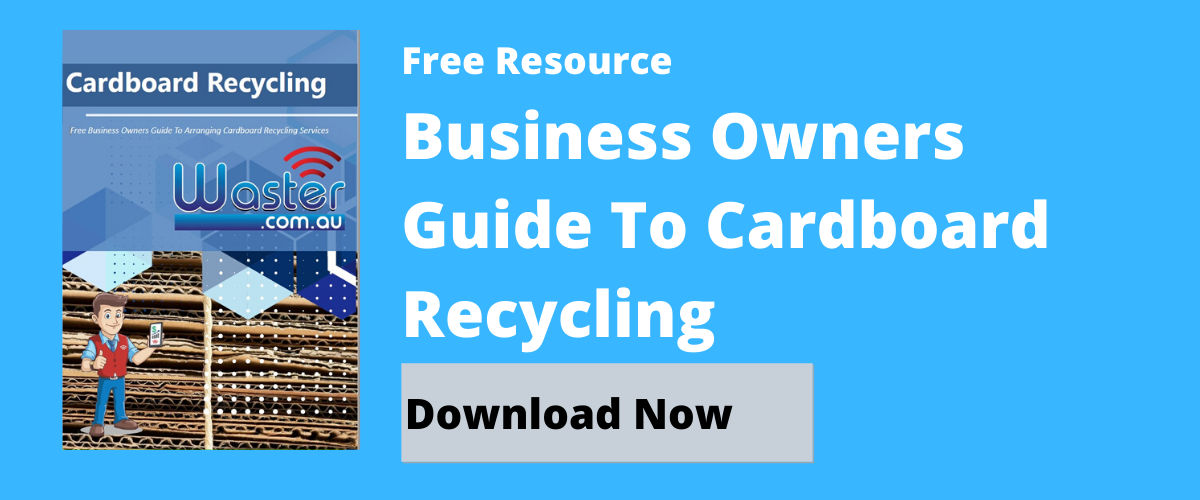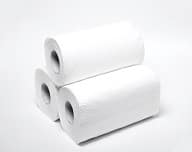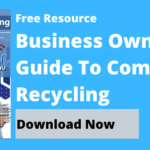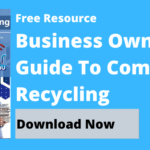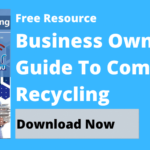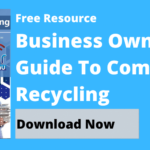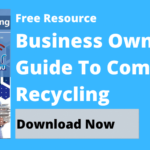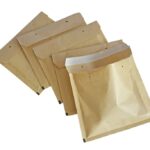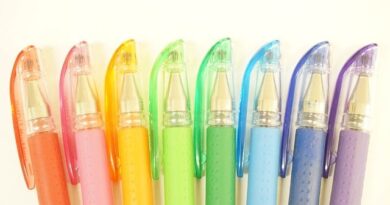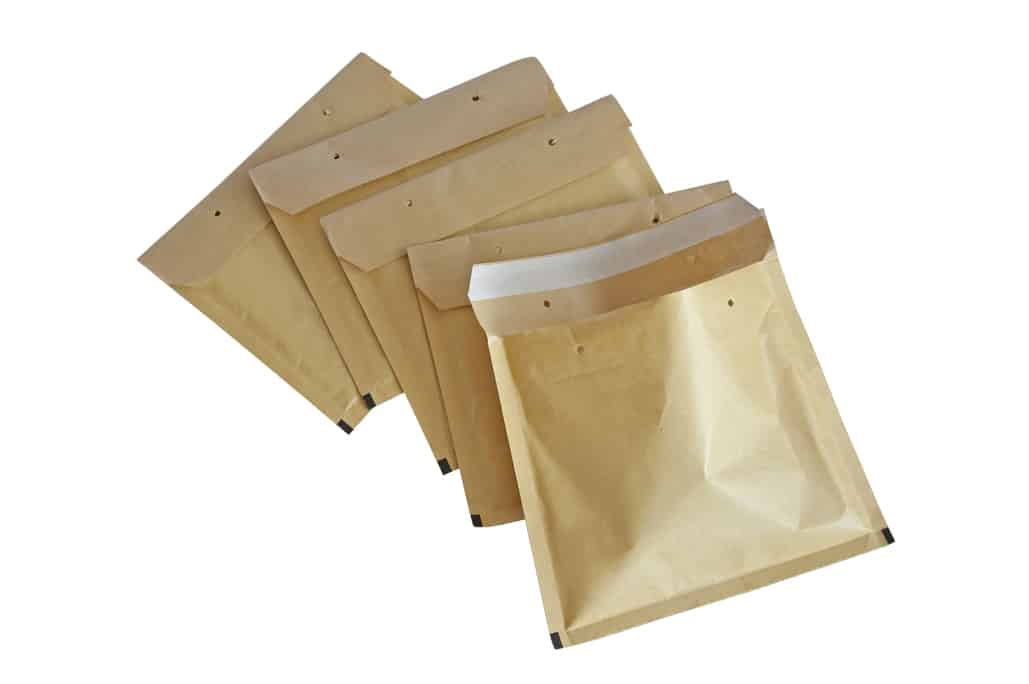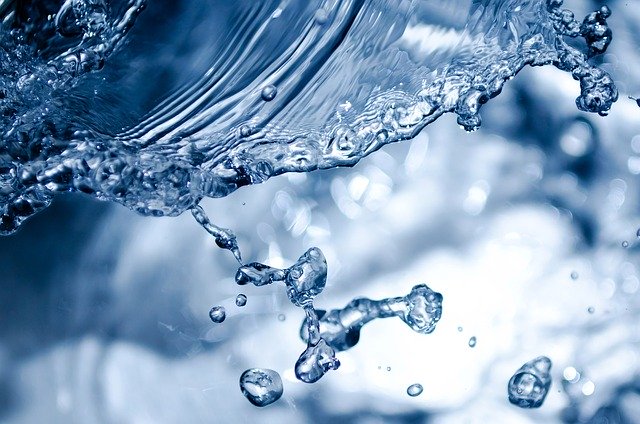We Ask You This: Are Tissues Recyclable? 🧻
Energy Disrupter
Are Tissues Recyclable? 🧻: Imagine a life without toilet rolls… I’m sure you simply cannot.
Toilet paper has been around for more than many of us can remember. Paper products mainly used for cleaning and hygiene continue to play an important role in our lives, specifically modern-life people. But did you know that “official” paper cleaning products have been here since the late 1300s? In fact, Korea first mentioned using paper for hygiene as early as 589 AD. That in itself is a testament to toilet paper’s importance. However, is it still as useful after the initial use? Can we throw them in the kerbside recycling bin for recyclers to handle? Read on to learn more.
>Download Now: Free PDF Business Owners Guide To Cardboard Recycling Bin Services
A bit about Waster
Before we go further with the blog and determine whether tissues are recyclable or not, let me share with you more information about Waster.
We here at Waster provide you with innovative solutions for your and your business’s waste management and recycling needs. Furthermore, we provide flexible, 30-day contracts instead of the typical lock-in contracts, which proves to be better.
Click on the blue button to learn more.
The debate about tissues being recyclable
At the time of writing this, endless sneezes, a persistent runny nose and watery eyes make my day miserable. I experience these most of the time due to my recurring allergies (screw you, allergic rhinitis!). The ungodly amount of tissues near my workplace is definitely not a sight to see. So, what am I going to do with all of these then? Can I throw them in my recycling bin?
Answer: it depends. Some say you can recycle them because, after all, they are made of paper. And, as we all know, paper material is one of the most recyclable materials there is. But others might argue with that; online sites that help you determine an item’s recyclability (like recyclenow) states that you should keep them away in your kerbside recycling bin and just dump them into your trash bin.
The reason for this is that although tissues technically do have paper materials, they are made of very short fibres, making them hard to recycle. There are other reasons why you should simply not recycle your tissue paper in the next section. By the way, have you heard of Waster’s charitable partnership with Greenfleet? We decided to help in reducing carbon emissions by teaming up with them!
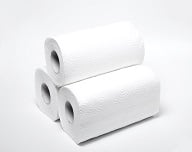



2 important reasons why you should not recycle your tissue papers
Before we further debate whether tissues are recyclable or not, let me state some reasons why you should just forget recycling them and throw them in your trash bin, instead. Without further ado, here are the two main reasons:
- As I have already stated above, the first reason is that they are made of short fibres; I am going to explain it further. To begin with, many tissue paper products are already made from recycled paper, so that means they have already gone through the recycling process many times. As a result, trying to recycle them will further shorten the fibres, which will become too short to be used again.
- Depending on how you used tissue paper, it may ruin an entire batch of recyclables. Dirty tissues smothered with food, grease, dirt, or even the ever-icky bodily fluids are some things we should just dispose of in the trash bin instead of trying to recycle them. Business Insider stated that recycling facilities remix paper by suspending them in water and pressing them into sheets to dry them out after submerging them in water. The grease – or any other elements smeared with the tissue papers – ruin the whole batch of recyclables by showing up as spots or holes.
What can we do about this?
After arguing, debating, and discussing whether tissues are recyclable or not, what can be done to live more sustainably? Obviously, if you are an environmentalist dedicated to saving the Earth, the first thing you should do is give up using toilet paper. There are many alternatives we can use instead of tissue rolls. Here are some alternatives (based both on personal experience and a little bit of research):
- Use a hanky, instead. You can opt to use a washable and reusable hanky instead of toilet paper when trying to wipe your nose. Not only does this help the environment, but you also save a tonne of money from buying rolls of tissue paper.
- Use a bidet. By now, many of us already know what a bidet is. But if not, then let me elaborate it for you. Basically, a bidet is a plumbing attachment right next to your toilet that expels water. This can be used to help clean you up in a more hygienic way instead of just wiping with tissue paper.
- Buy and use recycled tissues. If you cannot bring yourself to change your toilet paper-using ways, then what I suggest is buying recycled tissue paper, instead. You can use this instead to help the environment while still using toilet paper. But, there are a few downsides to using recycled toilet paper you must know first. Just a reminder: rolls of recycled toilet – or tissue – paper are not made from virgin toilet paper. Instead, they are made up of discarded paper materials like textbook paper and office paper.
A recap on tissues being recyclable
Should you recycle tissue paper? If you’re wondering whether or not you should recycle tissues in Australia – or any other part of the world- the viable thing you can do is throw them into the rubbish bin. So, the answer is you should not.
Better yet, if you can find better alternatives instead of toilet paper, then you should do so.
Finally, do take note that you can and should recycle the cardboard roll found when you use up all the toilet paper.
Waster: things you need to know
Are you having trouble determining what can go in a commingled bin? Then, you should watch this video:
[embedded content]
If you’re looking for waste or recycling bins, check our waste recycling shop and find the best deals in terms of pricing and services.
Also, please call 1300 WASTER (1300 927 837), or email us at [email protected] if you have any further questions.
